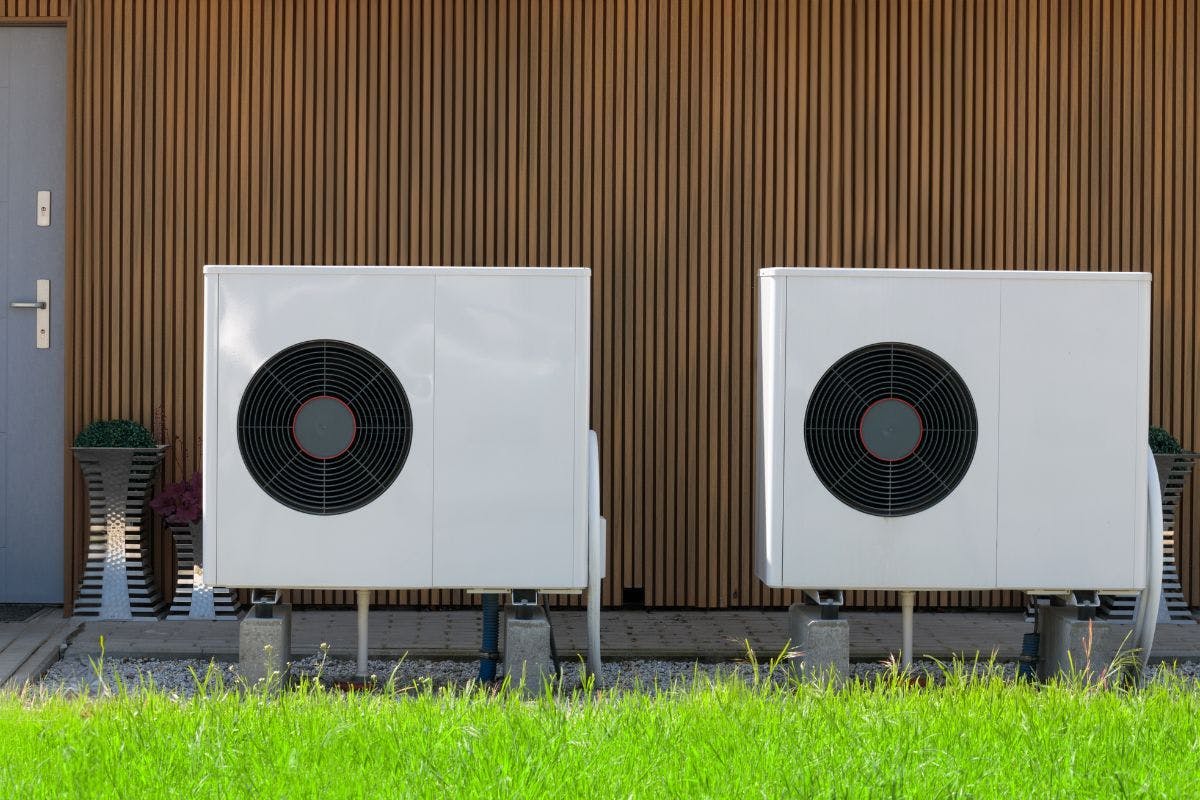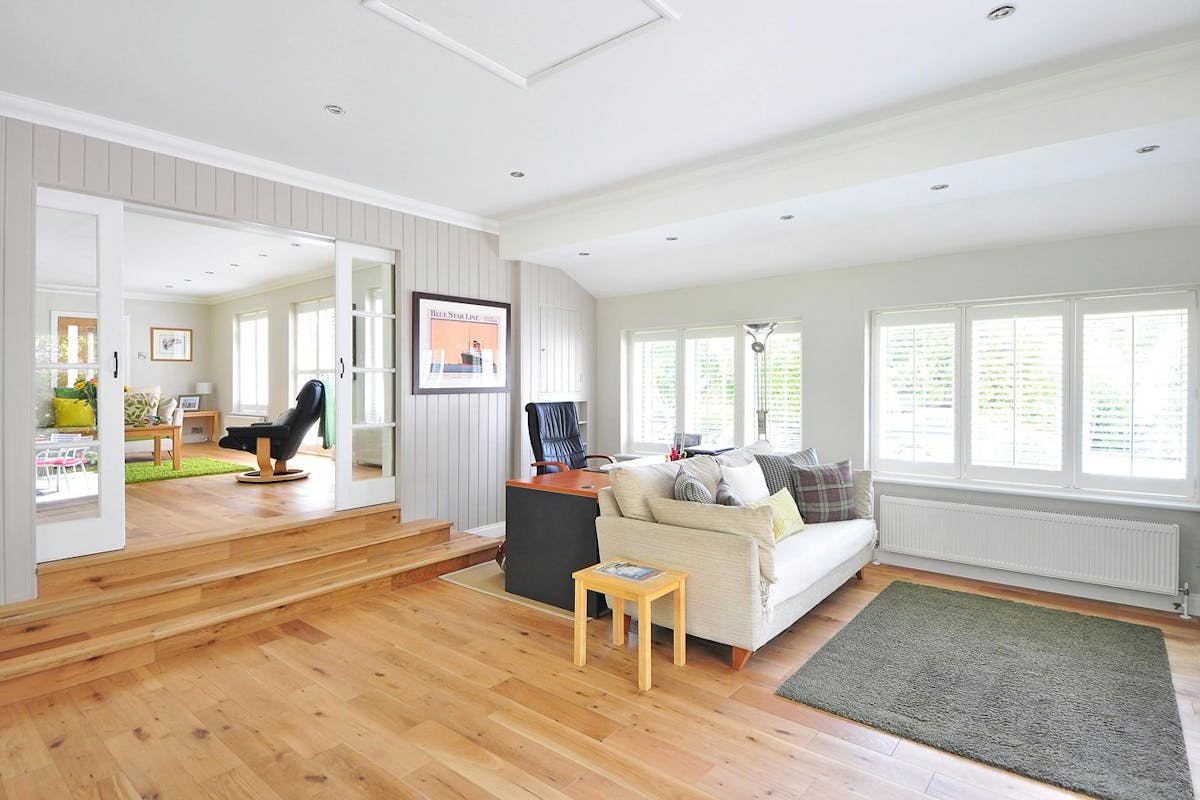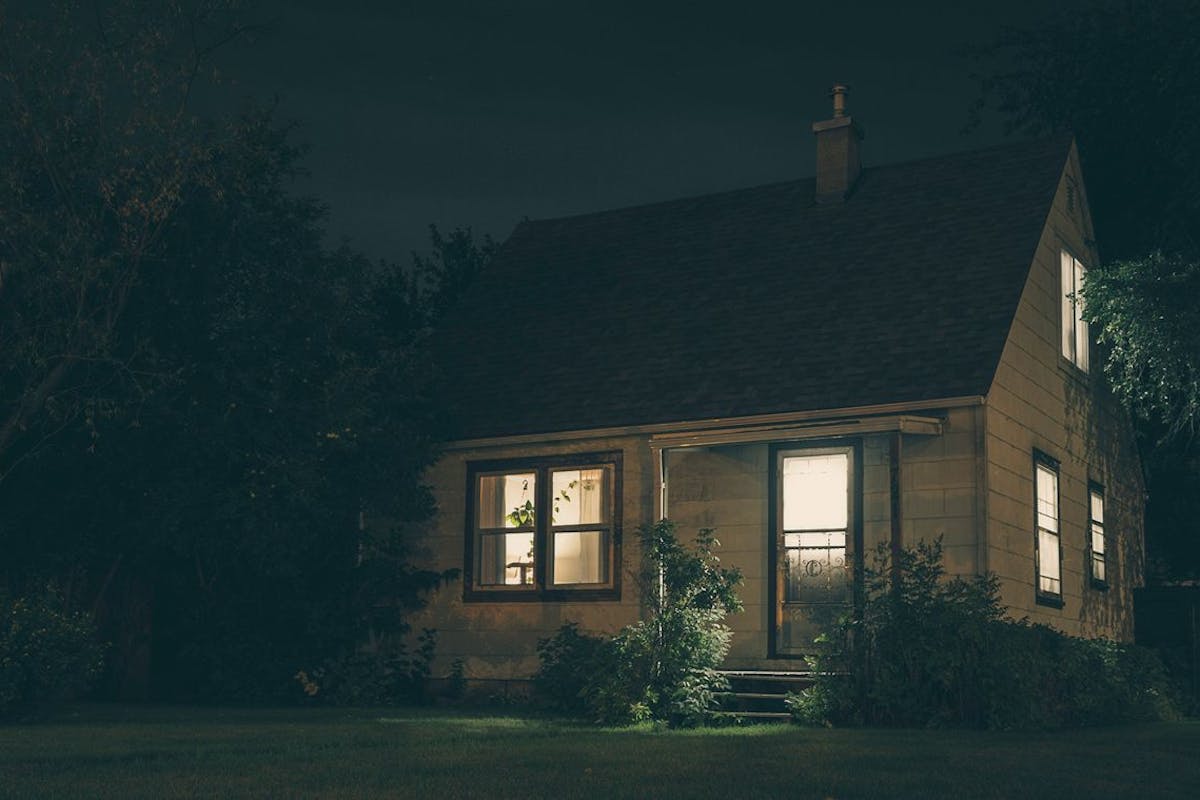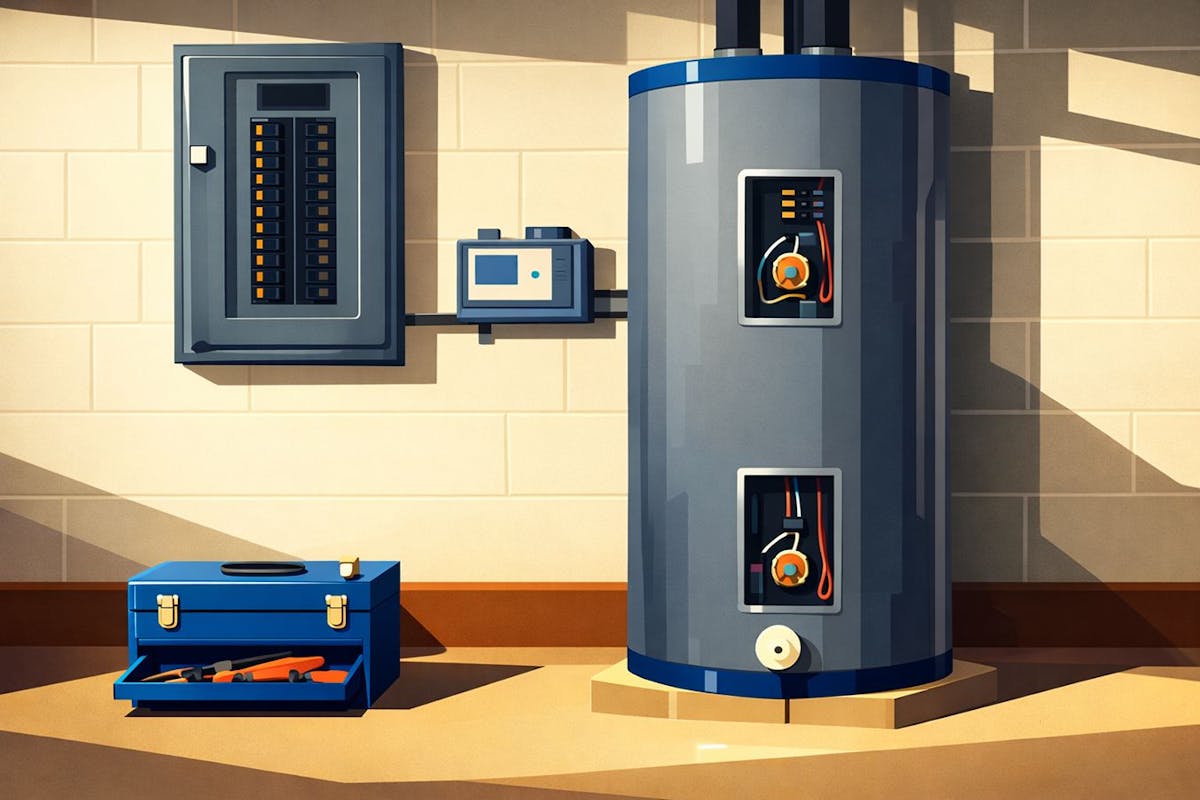Heat Pump and HVAC Leasing: Cost, Benefits, and Savings
Last edited
Author
Andrew Blok
Electrification and Solar Writer and Editor
Editor
Andrew Giermak
Solar and Electrification Writer and Editor

Whether it’s thanks to the frigid cold of a New England winter or the sweltering heat of a Texas summer, you need home heating and cooling that keeps you comfortable. What’s more, an unexpected breakdown can be an uncomfortable (even dangerous) and costly surprise.
HVAC leasing takes the unpredictability and massive bill of repair and replacement off the table. With predictable monthly payments covering installation, service, and repair, you can get a comfortable home and peace of mind. When you lease a heat pump, you get the most energy efficient heating and cooling technology.
Here’s how HVAC and heat pump leasing work.
See how much you can save with a new HVAC system from Palmetto
What is a heat pump or HVAC lease?
If need a new HVAC system for your home but don’t want the upfront cost of buying, consider a lease. Prices for buying and installing a heat pump or other HVAC system depend on a variety of factors, like how large of a system you need, the severity of your local climate, and whether your home needs additional work before installation. Total cost can reach tens of thousands of dollars.
Much like a car, solar panels, or an apartment, you can lease a new heat pump without the expense of purchasing it. With an HVAC lease, such as through the Palmetto Comfort Plan, you make predictable monthly payments and get the benefits of the heat pump, full service and maintenance coverage, and the comfort of year-round heating and cooling.
In a lease, you do not own the system; the leasing company does. Some HVAC leasing companies may offer you the option to buy the system or upgrade to the latest and greatest model after a number of years or at the end of the lease contract.

What is a heat pump?
Heat pumps are proven technology, and widely installed. But they still might be unfamiliar to some.
A heat pump moves heat from one area to another via a refrigerant, just like a refrigerator or an air conditioner. But a heat pump can move heat into or out of a building to provide both heating and cooling. It’s a highly energy-efficient appliance because it transfers heat instead of generating it.
Heating and cooling with a heat pump system is more efficient than other heating and cooling systems. Heat pumps put out three to four times more energy as heat than they consume in electricity.
Compare that to the efficiency of an electric resistance heater (100%) or a highly efficient gas furnace (99%).
A new energy-efficient electric heat pump can save most people on their electric bills, the Department of Energy found, especially when replacing heating oil, propane, or non-heat pump electric heating.
New heat pump technology is also being used in other home appliances such as heat pump water heaters and dryers.
Pros and cons of leasing a heat pump or other HVAC system
Leasing a heat pump has benefits and drawbacks. Here’s what to consider when deciding to lease.
Leasing pros
- No upfront cost: There’s no upfront purchase or installation cost.
- No service, maintenance, or repair costs: Service, maintenance, and repairs are included in your monthly payments. It’s important to know the terms of a contract so you don’t accidentally break a service agreement.
- Predictable cost: A fixed monthly cost lets you budget in advance.
- Benefit from incentives: Most tax credits and other incentives go to the owner of the heat pump, in this case, the leasing company. They could pass along cost savings from tax credits, rebates, grants, or other incentive programs to its customers. Incentives vary by location, so confirm for yourself.
- Comfort: If you lease a heat pump, one machine can supply your year-round heating and cooling needs.
Leasing cons
- Long-term contract: You’ll be in a contract for several years, which may be expensive to break before your options to buy out the system kick in.
See how much you can save with a new HVAC system from Palmetto
Leasing vs. buying a heat pump
Whether you should lease, buy, or lease to own an HVAC system or a heat pump depends on your specific circumstances.
Your budget, credit status, and other fiscal considerations are key. So is whether you can benefit directly from federal, state, or utility/local incentives.
For some, the benefit of more efficient home heating and cooling without the major upfront expense is a big draw.
| Leasing | Purchase (no loan) | Loan purchase | |
|---|---|---|---|
| Initial cost | None | Full equipment and installation cost | Down payment |
| Monthly cost | Lease payment + electric bill | Electric bill | Loan payment + electric bill |
| Interest | No | No | Yes |
| Maintenance | Included | Your responsibility | Your responsibility |
| Tax credits/incentives (where available) | Owned and managed by leasing company | Potentially eligible | Potentially eligible |
HVAC leasing with Palmetto
When you lease a heat pump or other HVAC system with the Palmetto Comfort Plan, you’ll work with experienced professionals and top-rated customer service. You can get energy-efficient home heating and cooling for $0 down.
Our partners will assess your home, install your heat pump, and cover all maintenance, service, and repairs over the lease’s 10-year term. The value of system rebates and incentives is included in your total cost and helps lower your monthly payment.
At or near the end of the lease term, you will have options, including renewing with reduced monthly rates, buying the system, or upgrading to a new, more efficient heat pump system.
To get in contact with Palmetto and learn more, start with our quick and free Savings Maximizer or HVAC advisor tool. If you’re interested in learning more about your current energy or heating and cooling costs, and how you could save, check out our new Palmetto app.
See how much you can save with a new HVAC system from Palmetto
Frequently asked questions
Will leasing a heat pump save me money?
Leasing a new energy-efficient heat pump can reduce your energy bills compared to your old HVAC system. Whether you’ll save or how much will depend on the system you’re replacing, your lease payments, your local energy prices, and your eligibility for incentives.
What does a heat pump typically cost?
Residential heat pumps vary widely in cost for the system and installation. Size of the home (or the area you’re heating and cooling), brand, energy efficiency, product availability, labor, and extra installation work (as in ducts or electric work) are some of the factors. Prices for heat pump systems plus installation can reach tens of thousands of dollars..
What are the benefits of a heat pump?
Heat pumps are highly energy-efficient systems for home heating and cooling in one system. Heat pump technology is also used for water heaters, dryers, dishwashers, and a growing number of appliances. Depending on the system you replace, you can save money, generate fewer greenhouse gases, and move toward home electrification, which might make even more sense if you are using home solar panels.
What are the downsides of a heat pump?
The upfront cost of the new system, including installation, can be a bit higher than other HVAC solutions, though you could save on your energy bills. Some heat pumps may be less efficient in colder climates, although new cold climate heat pumps are tested and certified to work in very cold temperatures.
Disclaimer: This content is for educational purposes only. Palmetto does not provide tax, legal, or accounting advice. Please consult your own tax, legal, and accounting advisors.


